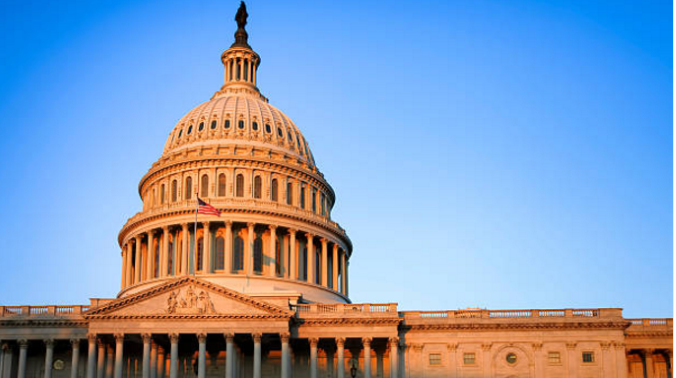Yesterday, the leaders of the Senate Caucus on International Narcotics Control, Senators Chuck Grassley (R-Iowa) and Dianne Feinstein (D-Calif.), introduced the Cannabidiol Research Expansion Act. The bill aims to lift restrictions on cannabidiol (CBD) research and to establish protections from federal prosecution for a limited number of medical marijuana patients.
Substantial evidence exists to support the efficacy of CBD as a treatment for epilepsy. CBD’s non-psychoactive nature has made it a particularly appealing treatment option for certain types of pediatric epilepsy. Thousands of parents across the country have used CBD oil to successfully treat their children who suffer from intractable epilepsy.
Unfortunately, CBD, along with all elements of the marijuana plant, is classified as a Schedule I drug. This classification makes it illegal to use or possess and imposes strict regulations that hinder critical research and drug development.
The bill’s “Safe Harbor” provision would exempt parents of children suffering from severe, intractable epilepsy from criminal penalties for the possession or pediatric use of cannabidiol (CBD), and remove the regulatory barriers associated with cannabis research
“Cumbersome research regulations have made it difficult to conduct research on the potential medical benefits of marijuana,” Senator Feinstein said. “I strongly believe such research is necessary, especially for cannabidiol, a non-psychoactive component of marijuana. This bill paves the way for new research to be conducted with greater ease to determine if cannabidiol can be an effective medication for serious illnesses such as intractable epilepsy.”
Provisions of the Bill
The bill, which was co-sponsored by Senators Dick Durbin (D-Ill.), Thom Tillis (R-N.C.) and Joni Ernst (R-Iowa), includes several provisions that would change the future of cannabis, or at least CBD-based medicine. The full language of the bill is available here. A few of the key provisions include:
- The Departments of Justice and Health and Human Services are required to complete an analysis of the medical value of CBD within 12 months.
- CBD will be rescheduled to a Schedule II drug to allow more research.
- Improving the process for researchers to obtain marijuana for scientific study.
- Reducing research barriers by reducing the length of time it takes to gain approvals.
- Only accredited research institutions, medical schools, practitioners, and pharmaceutical companies will be allowed to produce, distribute, dispense, or possess cannabis or cannabidiol for authorized medical research.
- Allowing production of FDA-approved cannabis-based medications.
- Allowing possession of CBD-only products solely for the treatment of intractable epilepsy.
- The Department of Health and Human Services must expand research on CBD and other non-psychoactive cannabis cannabinoids.
- “Safe Harbor” — a provision protecting parents treating their children with intractable epilepsy from prosecution.
Limitations of the Bill
The bill is viewed as a step for cannabis legalization efforts. However, it leaves much to be desired. With only pharmaceutical companies listed as approved manufacturers, segments of the cannabis industry as we know it today will be handed over to big pharma. Also, allowing only CBD products for patients with intractable epilepsy limits the number of patients that could benefit from medical marijuana. Millions of patients with chronic pain, fibromyalgia, cancer, Crohn’s disease, multiple sclerosis, and other ailments cannabis is known to help are left out.
Government Affairs Director for Americans for Safe Access (ASA), Michael Liszewski, expressed as much in his statement about the proposed legislation. Liszewski said, “While we are encouraged that Senators Grassley and Feinstein have asserted that exemptions to federal law are good policy, we are concerned about the millions of patients this proposal currently leaves out. We look forward to working with the bill sponsors on how we can make sure that every patient who relies on physician-recommended medical cannabis has safe and legal access to treat their condition.”

